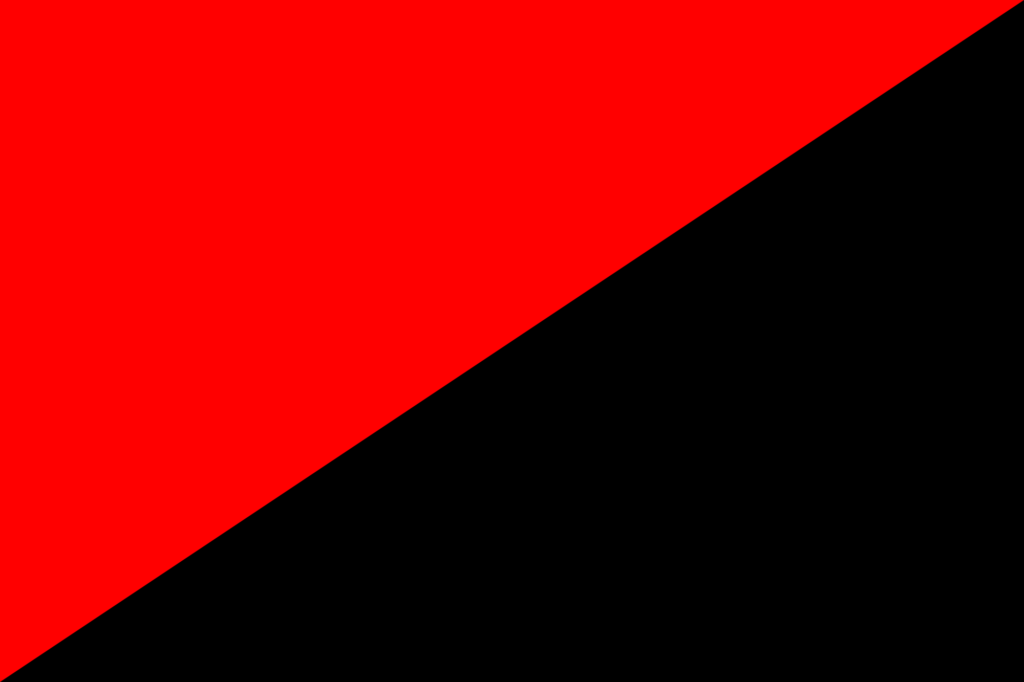So, let me explain to you how I understand these words.
“Capitalism” — as I keep repeating — is a political stance which bars people from free access to subsistence land. It is a system which creates a class of proletarians. These are people who have to work for wages or become homeless.
“Socialism” is a political stance antithetical to capitalism; thus, it allows free access to subsistence land. [Granting everyone a basic income or, as Bertrand Russell called it, a “vagabond’s wage,” would compensate for not allowing free access to subsistence land.]
“State” and “government” are not synonymous. A government is a set of rules regulation social life — however formulated: either by informal agreement, direct or indirect democracy.
A “State” is a centralized government ruling over hundreds, thousands, or millions of people over some territory.
“Anarchism” is a government ruling over a small community of about 150 families through direct democracy or through a council (the Russian word for a council is “soviet.”
By combining the idea of a small community ruling itself with the idea of granting everyone in the community free access to subsistence land, we get the hyphenated idea of “anarcho-socialism.” It can also be called “libertarian socialism” since by “liberty” is meant the self-rule of a small community.
The idea of “anarcho-capitalism” is a contradiction caused by not knowing how to define capitalism. The usual idea given is that capitalism involves free-trade. But free-trade, although a necessary condition for capitalism, is not a sufficient condition — simply because free-trade has existed under slavery and feudalism. The other necessary condition is the barring of people from a free access to subsistence land. Yet, those who call themselves “anarcho-capitalists” also want to grant everyone a homestead. But granting a homestead is equivalent to granting free access to subsistence land. Hence, a puzzling situation for the anarcho-capitalists. Does “ideal” capitalism really allow free access to subsistence land?
Below is the flag for anarcho-socialism. A red flag represents socialism. A black flag represents anarchism.

